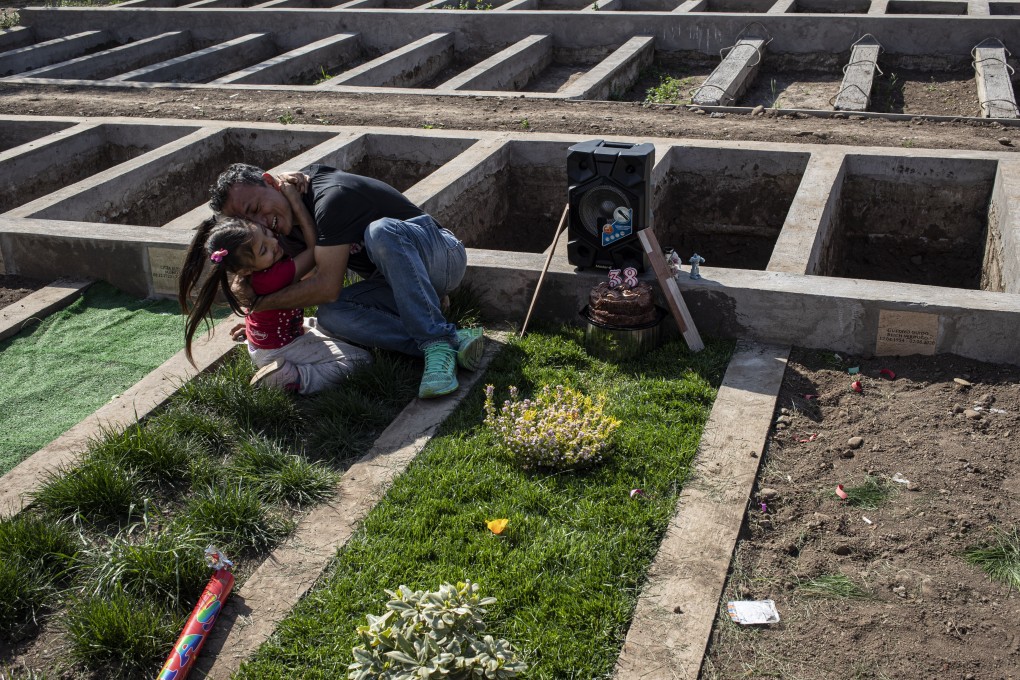Coronavirus: nations scramble to halt outbreaks as world sees record weekly number of cases
- Pandemic shows no signs of slowing down – over 31 million infections have been detected worldwide with the US and Brazil reporting most deaths
- The UK tightened Covid-19 restrictions on Tuesday, ordering pubs to close early, as PM Boris Johnson said ‘this is the moment we must act’

In a fresh global update, the World Health Organization said that during the week ending on September 20, 1,998,897 new cases of the novel coronavirus were registered around the world.
That marks a 6 per cent increase over a week earlier and “the highest number of reported cases in a single week since the beginning of the epidemic,” the UN health agency said.
Since the novel coronavirus was first detected in China, it has infected more than 31 million people around the globe and has killed more than 965,000, according to a tally by Johns Hopkins University.
Nearly all regions of the world saw new cases rise last week, WHO said, with Europe and the Americas seeing new cases swell by 11 and 10 per cent respectively.
Only Africa, which has remained relatively unscathed by the pandemic, dodged the upwards trend, reporting a 12 per cent drop in fresh cases from a week earlier.
Even as cases shot up across much of the world, the number of new deaths is going down, the WHO statistics showed.